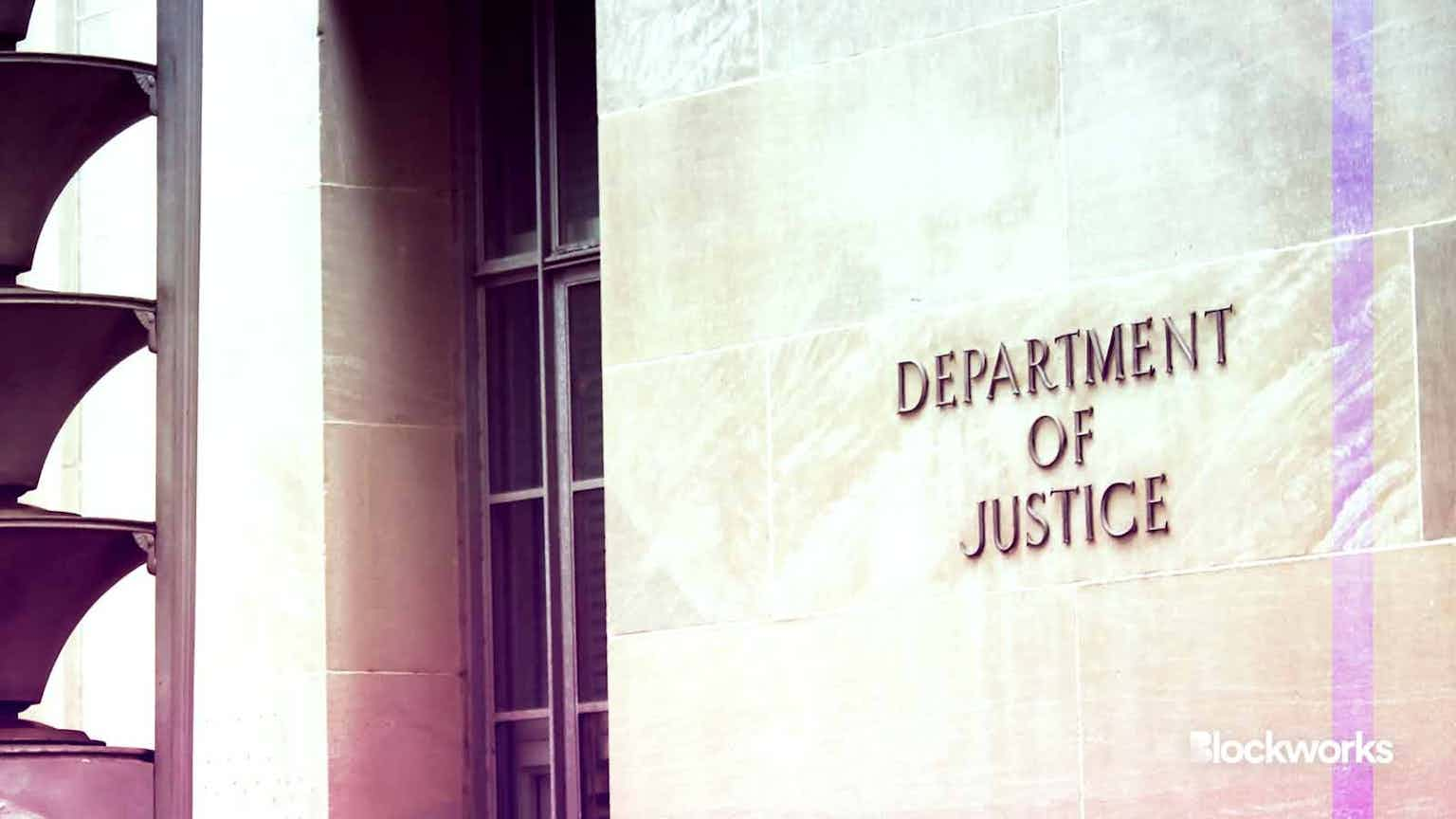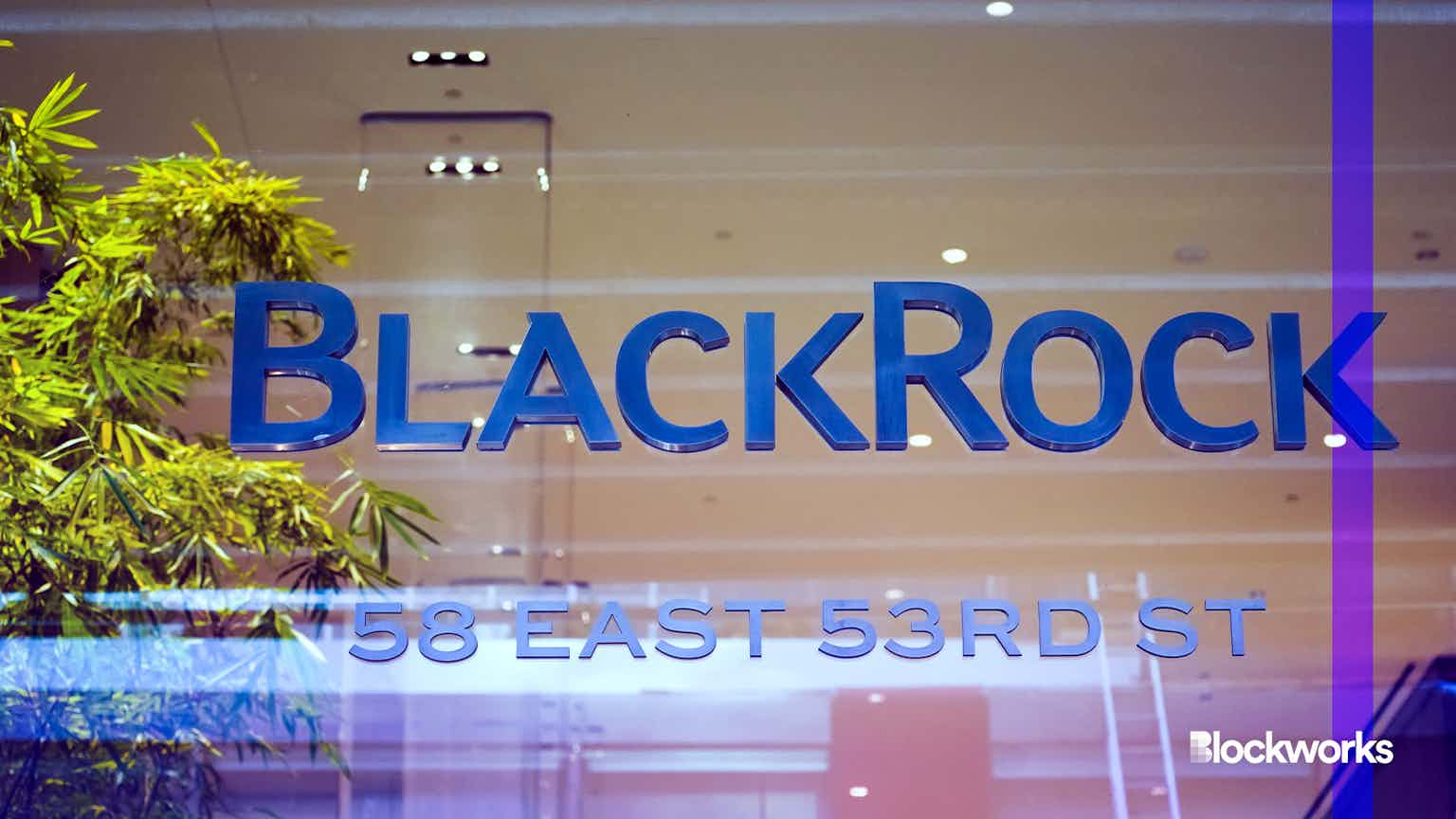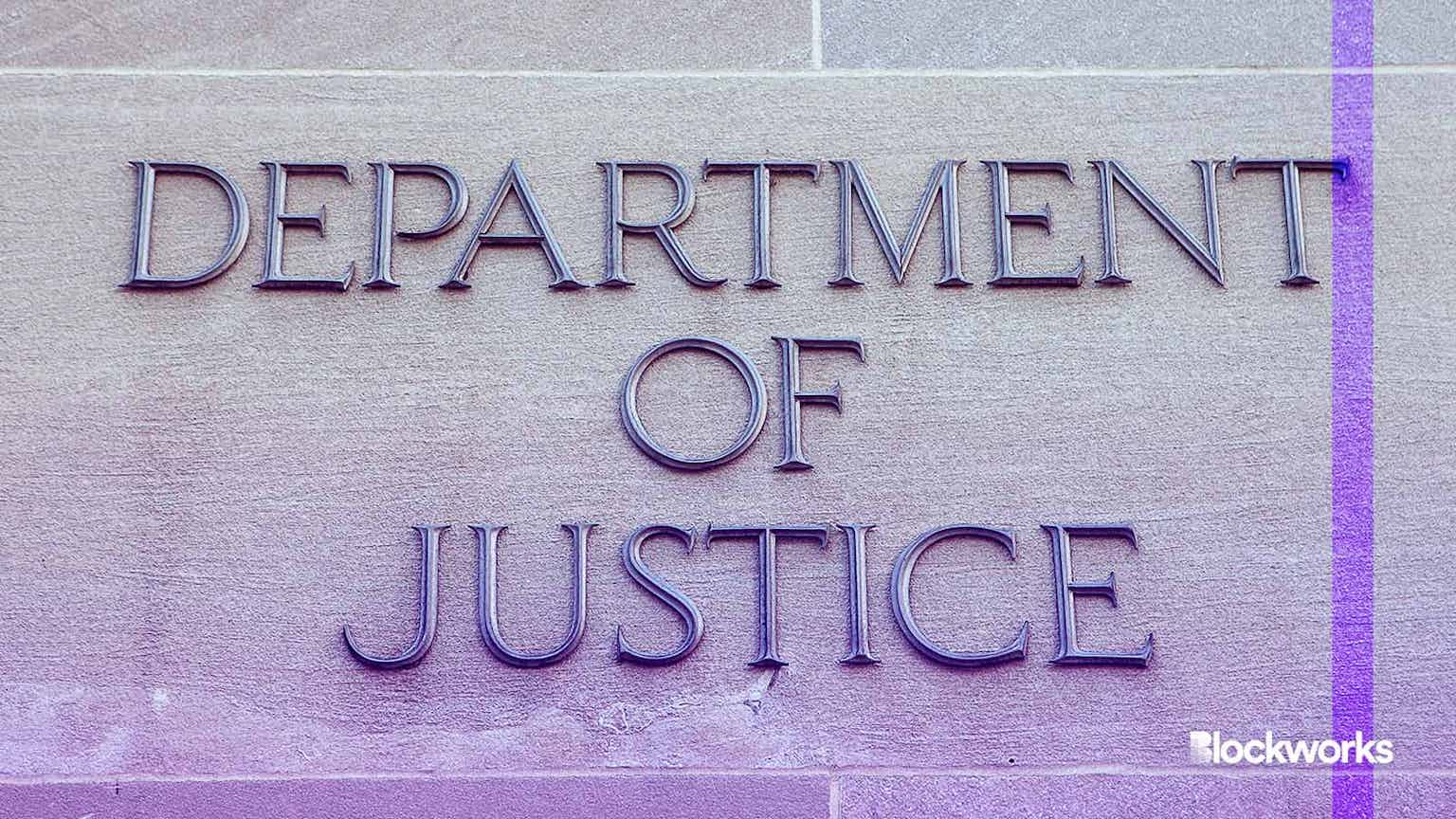California Overturns Ban on Political Crypto Donations
The Fair Political Practices Commission of California has walked back a previous ban against crypto donations to political campaigners.

California State Capitol | Source: Shutterstock
key takeaways
- The state of California has overturned a near four-year ban against political crypto donations
- Crypto contributions will need to be verified via a name, address and other revealing details
California’s political campaign financing watchdog approved measures Thursday allowing state and local offices the right to raise funds using crypto once more.
Previous regulation had denied political campaigners the right to raise or receive funds via crypto. The ruling was repealed in late May.
Thanks to a recent vote by California’s Fair Political Practices Commission (FPPC), those running for office may now receive funding in the nascent asset class — provided it’s converted to fiat immediately.
The FPPC’s motion on “Regulation 18421.2 Cryptocurrency Contributions,” put forth last month, reverses a ban implemented during crypto’s prior bear market in November 2018.
An unrelated financial limit on campaign contributions remains in place for California, which now joins 12 other states and the District of Colombia in approving crypto donations.
Concerns over how crypto could interfere with campaign transparency led the FPPC to deny its use for political campaigns, though the digital asset industry has since matured significantly since the almost four-year ban.
“In drafting this legislation, we had to address the inherent concerns with cryptocurrency and the opportunity it presents for illegal contributions,” FPPC’s general counsel David Bainbridge said in a live-streamed commission meeting on Thursday.
Political donations made using crypto must be conducted via a US-based crypto payments processor or “other service” with strict know-your-customer measures and answerable to subpoena requests for records.
Anonymous donations in crypto to political committees will be barred and those individuals contributing will be subject to identification constraints including the collection of names, addresses, occupations, and employers of each contributor at the time the donation is made.
“The campaign committee is responsible for all reporting,” an FPPC spokesperson told Blockworks in an email when asked if politicians and political candidates would need to obtain the identification of the donor. “It would still be required to have the name of the donor who contributed in crypto.”
Start your day with top crypto insights from David Canellis and Katherine Ross. Subscribe to the Empire newsletter.





